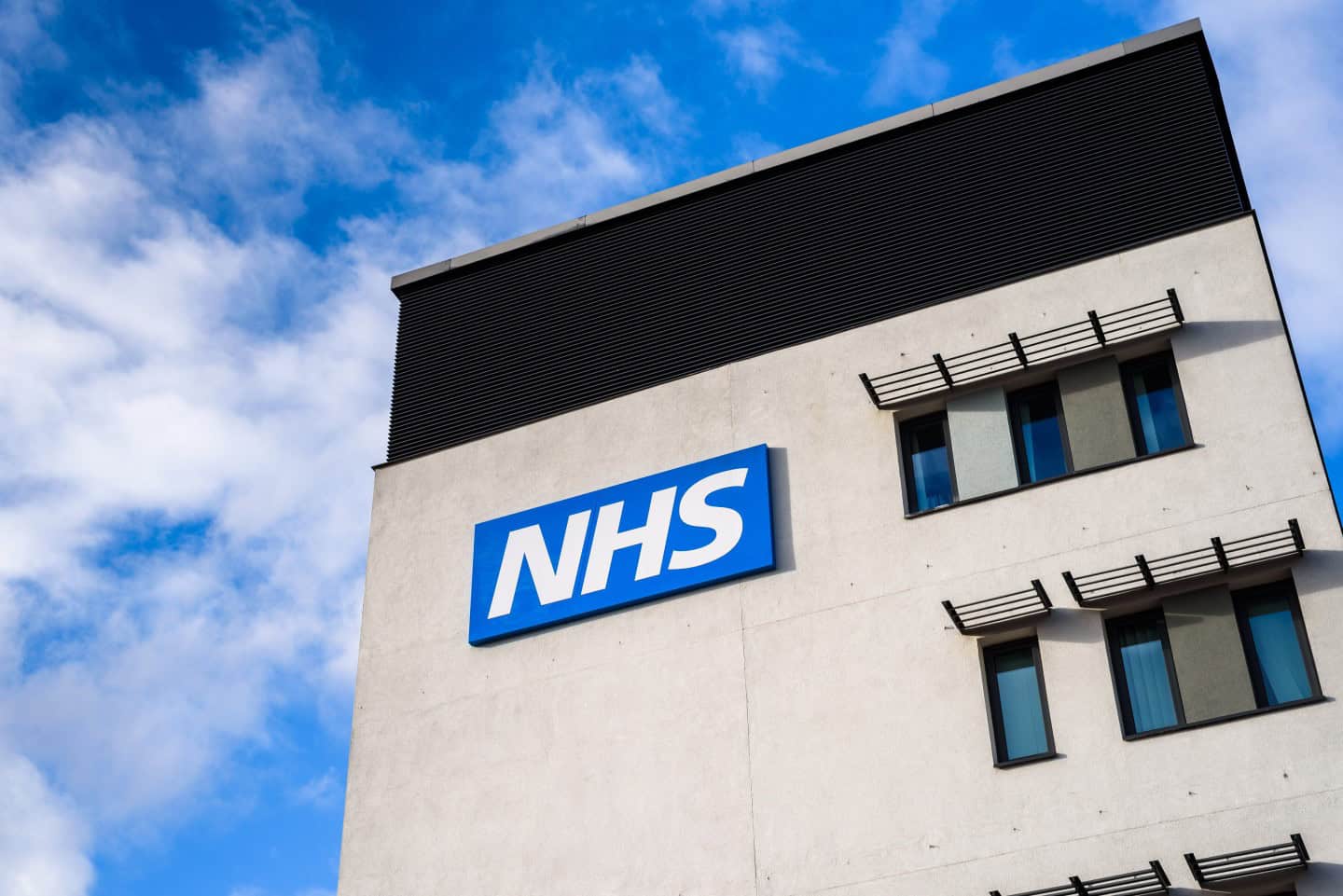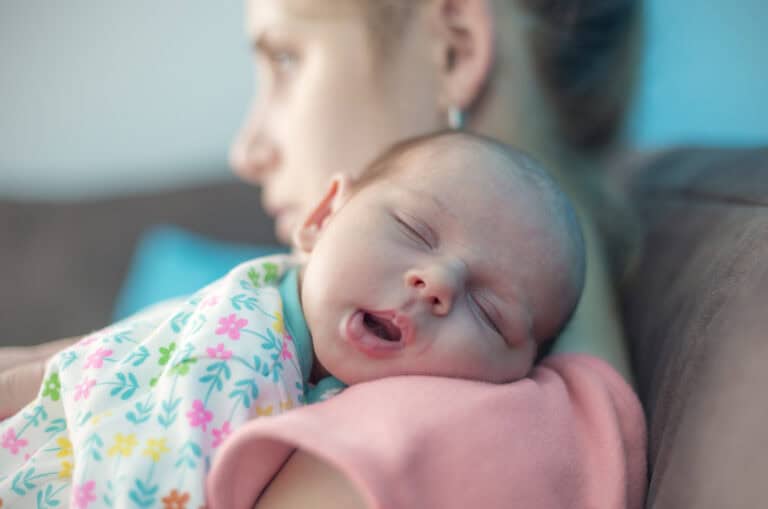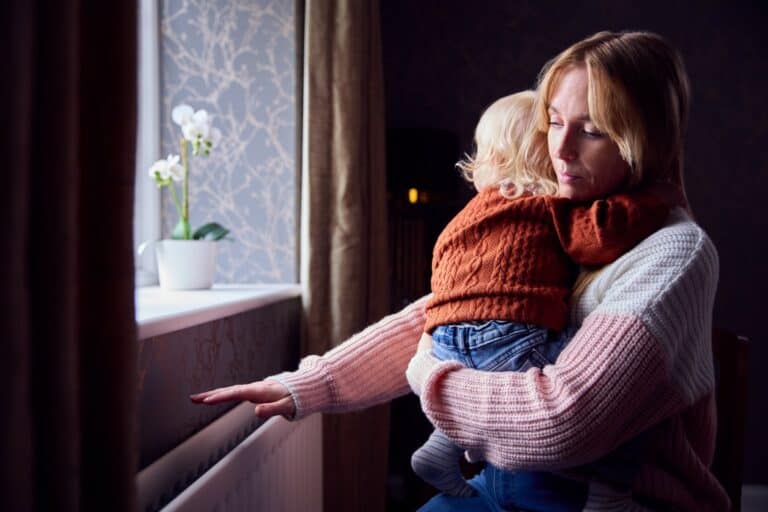
New NHS programme aims to prevent brain injuries at birth – will it go far enough?
On 12 May 2025, the Government announced a new NHS programme designed to make childbirth safer and reduce the risk of babies suffering brain injuries. The programme – Avoiding Brain Injury in Childbirth (ABC) – will train maternity staff to spot the early signs a baby is in distress during labour so they can act quickly.
Following a pilot scheme in 2024, the ABC programme will be rolled out across the country later this year. This is welcome news for expectant mothers and families, and we hope it leads to real improvements in care and fewer devastating and life-changing avoidable brain injuries.
What do we know so far?
The ABC programme was trialled in 12 maternity units in England, with input from the Royal College of Obstetricians and Gynaecologists (RCOG), the Royal College of Midwives (RCM) and The Healthcare Improvement Studies (THIS) Institute. Hundreds of maternity professionals, including obstetricians, midwives and anaesthesiologists helped shape the scheme, alongside valuable feedback from women and families.
The pilot followed a worrying report by the Care Quality Commission (CQC) in 2024, which reviewed 131 maternity units and found alarmingly widespread and serious problems, including:
- Long delays in triage assessments, leading some women to leave without being, seen;
- 65% of units rated as unsafe;
- Nearly half of trusts needing safety improvements, and 18% rated inadequate;
- Poor incident reporting, even where serious harm occurred;
- Widespread staff shortages and lack of essential and potentially life-saving equipment;
- Women’s pain and poor experiences being overlooked.
Clearly, change is urgently needed.
The ABC programme is designed to address some of these issues by improving training, encouraging teamwork, and helping maternity staff to react more effectively in emergencies. The goal is to reduce avoidable injuries like those that can lead to lifelong conditions such as cerebral palsy.
Dr Ranee Thakar, President of the Royal College of Obstetricians and Gynaecologists, said:
“The ABC programme supports multidisciplinary maternity teams to deliver safer, more personalised care. Hundreds of maternity staff, including obstetricians, midwives and anaesthetists, have been involved in developing and testing this quality improvement programme.”
What’s still unclear?
So far, the Government hasn’t released full details of the ABC programme. We don’t yet know how the training will be delivered, what emergency situations will be covered or how it will work in practice across an NHS already under pressure from staff shortages and high demand.
The national rollout is expected to begin in September 2025, and we look forward to seeing more information soon.
Preventing brain injuries at birth – as simple as ABC?
From my experience working with families affected by brain injuries at birth, these injuries rarely come down to one mistake.
Often they result from a series of missed opportunities: for example, staff missing or misreading worrying signs on monitoring during labour or failing to spot an infection in time.
These kinds of failures are usually symptoms of wider problems in the system – especially a shortage of experienced obstetricians and midwives. Many maternity teams are stretch thin, overworked and burned out, and unable to give each patient the time and care they deserve.
So, while this new programme is a very positive step – especially with its focus on clear guidance and better training – change will take time and will need investment across the whole of maternity care.
What does this mean for expectant parents?
As a solicitor specialising in child brain injury claims, I work closely with families whose babies have suffered avoidable injuries at or around birth. Childbirth is a deeply important moment – and we place huge trust in the medical profession to look after us. When something goes wrong the impact can be devastating.
If a baby’s distress is not picked up and acted on quickly enough, things can escalate rapidly leading to serious injury. If there is a lack of senior staff, it may be impossible to act quickly enough, even if the distress is picked up. So while the ABC programme is a step in the right direction, changes on the ground are needed to protect mothers and babies, and those details are still awaited.
Where mistakes during pregnancy, labour, delivery or shortly after, have led to injury, legal action may be possible. Compensation can be life changing. It can help pay for things like specialist care, equipment, housing adaptations, therapies and more, to help cope with the challenges ahead.
If you think your child may have suffered a brain injury because of poor care, it’s important to speak to a specialist solicitor without delay. We can help you understand your options and begin an investigation into what went wrong. We focus on getting children access to the right rehabilitation and support as early as possible, when it can make the biggest difference to their future.









